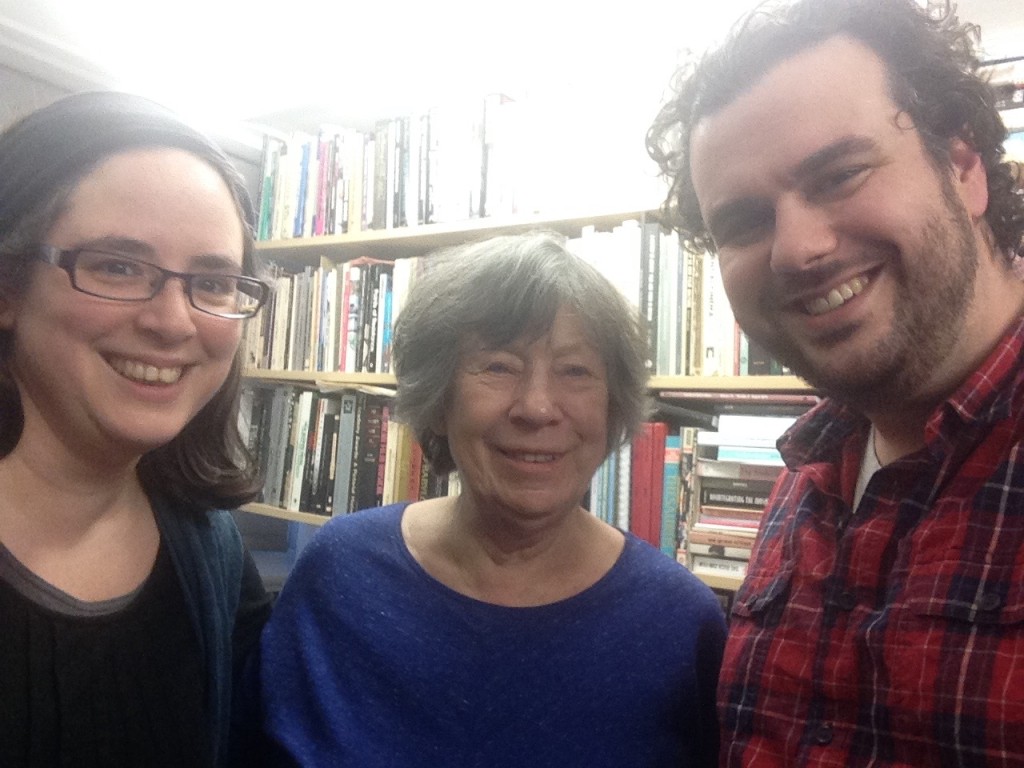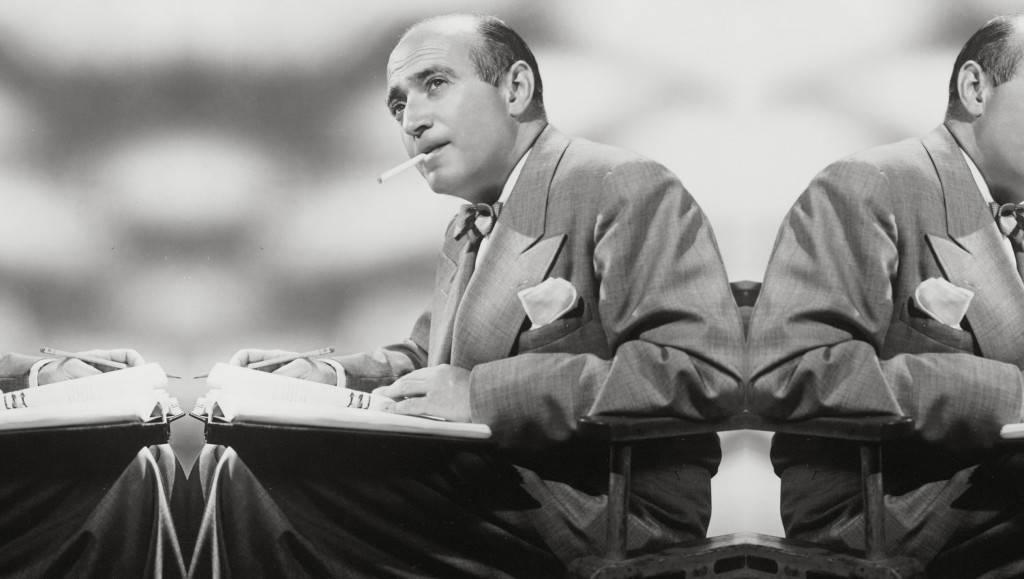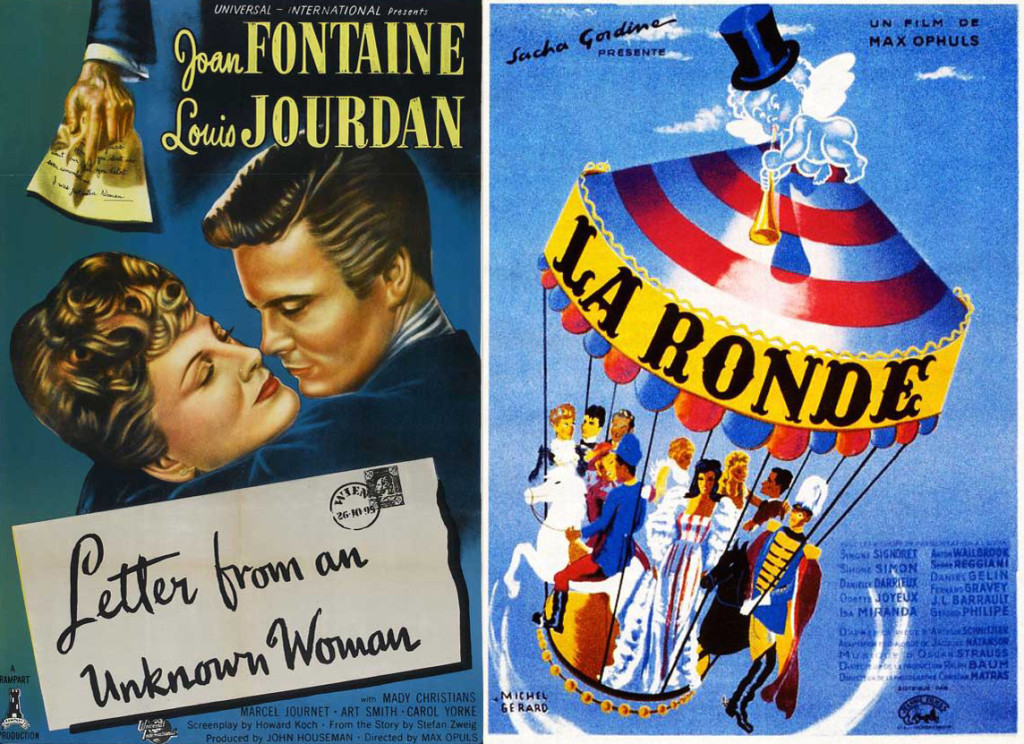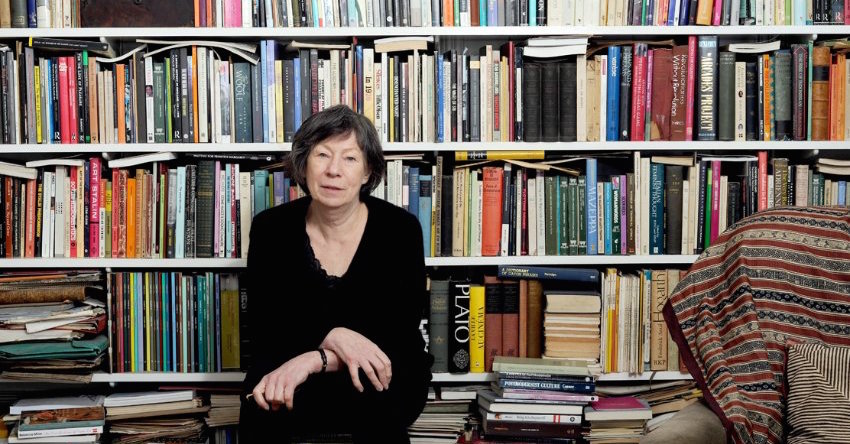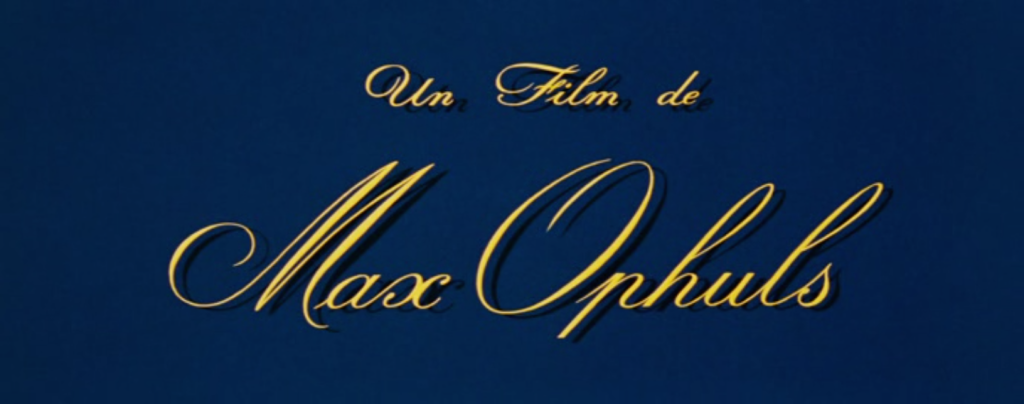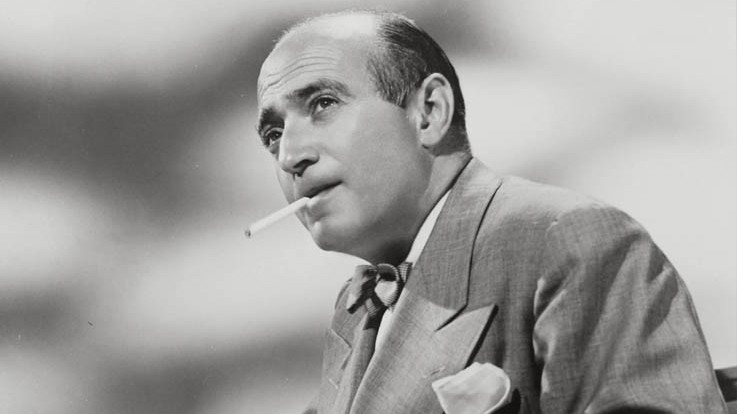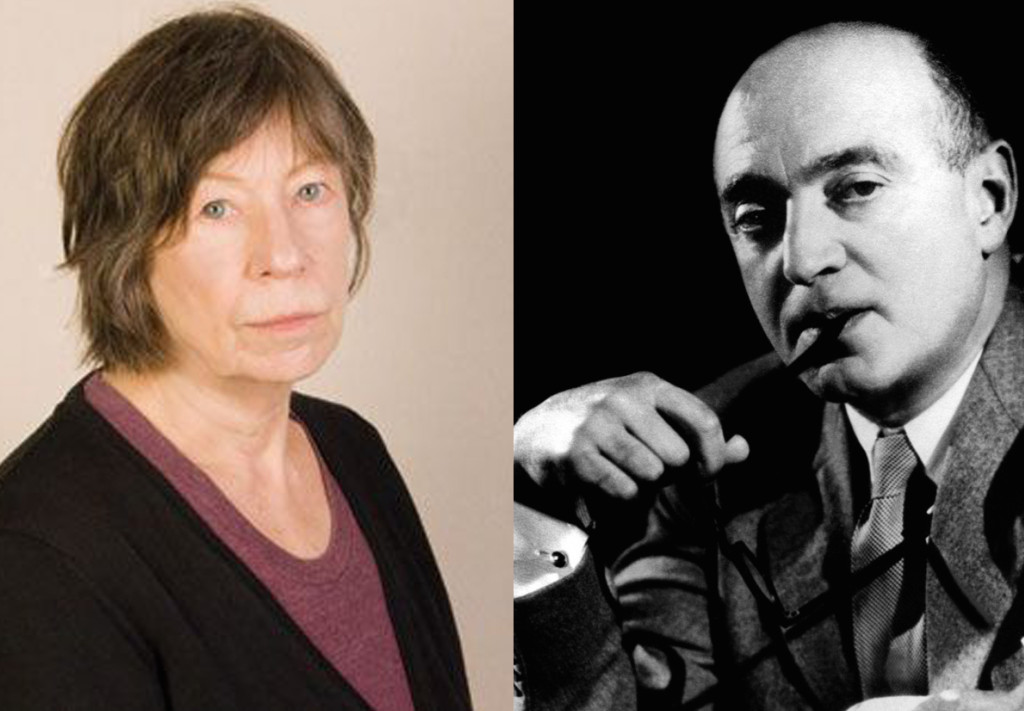
We're used to talking about legends on the show, but it's pretty cool to have a legend as our guest. Laura Mulvey is one of film theory's biggest names, probably best known for coining the phrase “the male gaze†in her highly influential 1973 essay “Visual Pleasure and Narrative Cinemaâ€. Last week, we gathered in Laura's office at Birbeck, University of London, to talk some film.
Sophie and Lee begin by talking about some key new releases, including Michael Bay's 13 Hours: The Secret Soldiers of Benghazi, Luca Guadagnino's A Bigger Splash, and Grimur Hákonarson's Rams. Laura, who hasn't seen any of these, then discusses the fact that she generally watches older films over newer films, and we look at the concept of new release fatigue. Is it just us, or are technology and changing viewing habits having an effect?
Then Laura takes us into the biography, career and filmography of the amazing German director Max Ophüls.
If this gets you keyed up to find out more about Ophüls - and it should - then you'll want to check out Max Ophuls in the Hollywood Studios by Lutz Bacher, which Laura refers to during the show.
Outro music: score from The Earrings of Madame De… (1953), composed by Oscar Straus and Georges Van Parys
